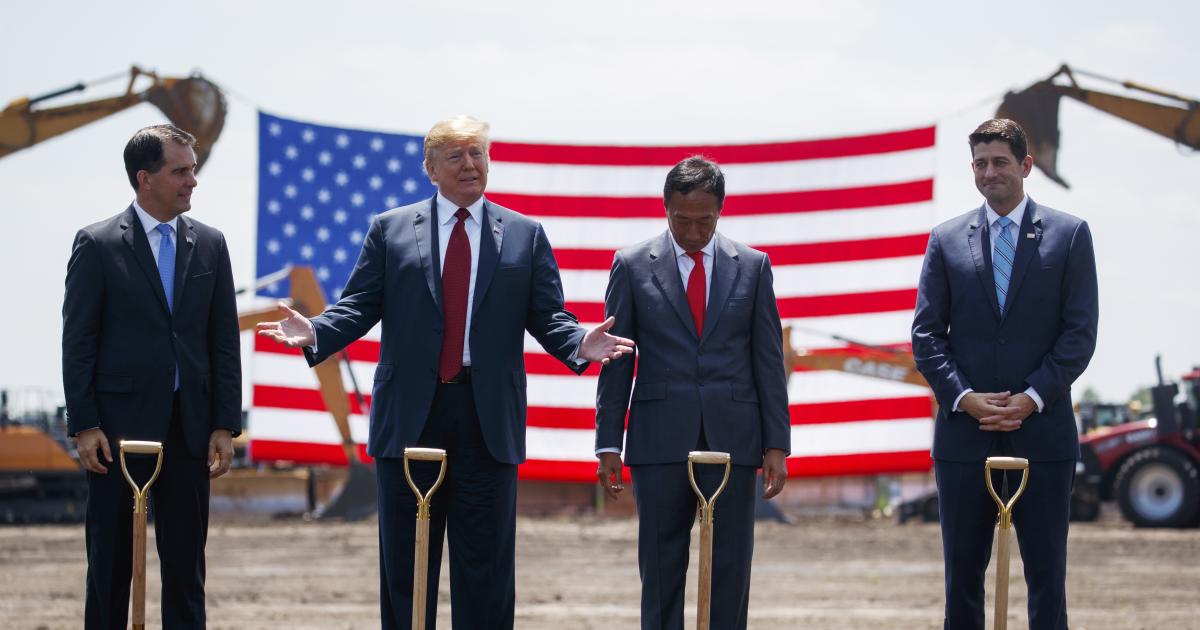Foxconn’s promise to invest $10 billion in Wisconsin is now a distant memory | It’s now selling two mostly empty buildings in the state.::Foxconn is selling two buildings in Wisconsin, which have remained mostly empty since they were originally purchased for its plans to bring production to the US…



Wooing Foxconn to set up shop in the US was always a head-scratcher. These are the kinds of jobs Americans were jealous Asians had, and wanted to reshore? Low-margin contract manufacturing? Really?
Actually yes. Though not the business owners really. Instead it was society and strategic planners. It is matter of supply security, not of profit maximization. Which is why incentives and penalties were involved.
Also presumably lacking the cheapest of cheap labor, production automation would be increased. In low cost production countries like China, they don’t always use hordes of cheap labour due to not being able to automate. Rather it is cheaper to use lot of wage slaves operating manual machines, than to pay for the more expensive specialized automated production machinery. Specially on short term. On long term the automated machines probably amortize themselves and then start to make gains over the wage slaving, but well that takes time and one thing quarter report stock market capitalism hates is having to wait for anything. They will take less profits overall over decade, if they can get more profits this quarter or this year.
Is it rational? Well no obviously rational business expecting to be around for decade would take the long term bigger overall profits. It’s literally more money earned for the company as long as one plans for the company to be around at the end of the decade. However companies are not managed by rational machines, but instead by these things called CEOs. CEOs, despite their claims, are often anything but rational. CEO’s with personal motives, CEO’s with emotional quirks, CEO’s with inbuilt expectations, CEO’s with in-built assumptions, often wrong assumptions, CEO’s with incentive packages that often are not really that thought through. Stock holders looking to incentivize short time stock gain over long term business profitability.